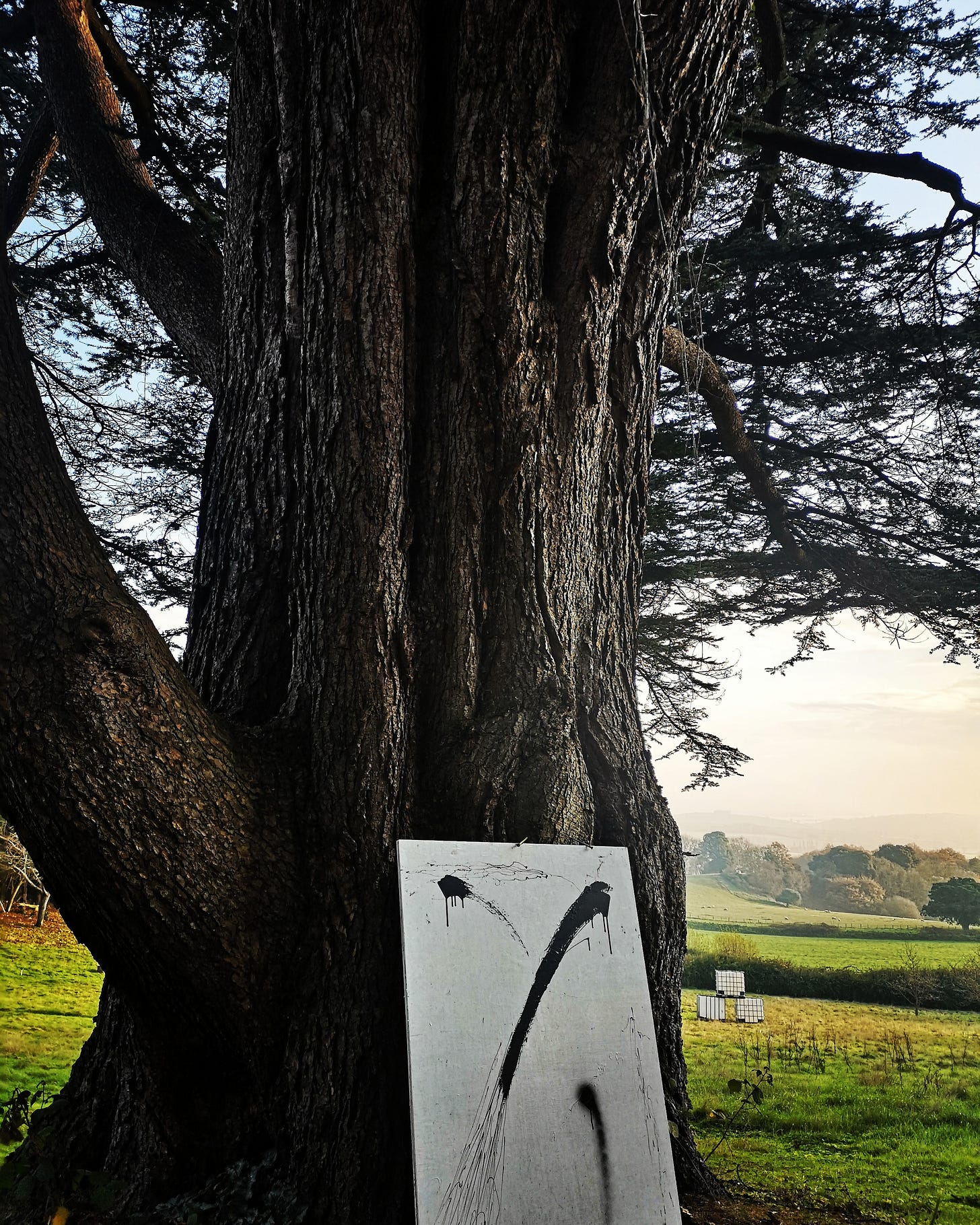AI and Nature-based Intelligence
AI and nature-based intelligence have reached the point where they could start to take over
We have been doing research on nature-based intelligence and neural networks. For instance trees, woods and root systems are proxies for neural networks. Roots are like Internet cables for trees.
Thanks to the work of experts such as Peter Wohlleben it seems that the forest is perhaps an early social network. The root system is the neural network that connects: tree parents live together with their children, communicate with them, support them as they grow, share nutrients with those who are sick or struggling, even warn each other of impending dangers. Just like we do on the Internet.
It is important to understand such nature-based intelligence systems as research points to the possibility that pandemics might be some kind of defense mechanism deployed by nature to protect itself from disease or predators. We know that trees, for instance, produce toxins to defend themselves from disease and spread it to other trees via the root system.

At the same time, research projects in North America point to the sophisticated way in which mature, intelligent trees manage pollution and emissions across a natural grid system of trees, young and old, to the benefit of mankind. Even Wired magazine has started reporting on the technology with a small ‘t’ of our natural world.
As machine-based intelligence becomes more mainstream we might want to open our minds to the fact that nature is much smarter than we imagine. Perhaps the largest, most powerful ecosystem is a natural ecosystem and not, as yet, a technology or communications platform.
It is, though, clear that artificial intelligence (AI) is everywhere. As with all major waves of technology from the development of the mainframe in the 1950’s we have seen how new technology movements go from concept to research to early adoption to mass transformation in a matter of decades. The next technology to affect our business and consumer lives will be AI.
AI is already capable of writing articles and stories. The UK’s Guardian newspaper recently published an article entirely written by a machine. It was articulate, structured and refreshingly logical. Thanks to Amazon, Google and Apple we have millions of AI driven voice boxes called Alexa and Siri that are managing our daily tasks, shopping and music playlists. Soon they will be doing much more.
Machine driven cars are crossing countries on their own and will be deployed commercially in just a few years. Planes have been using computers to fly themselves for decades and bombs know how to find their own targets. Robots build cars, stack shelves, mow lawns and tell the weather. Soon they'll be cleaning and cooking and fighting wars.
Machines can already solve some of the world's biggest problems without the help of man. It will be just a few years before machines can safely take over administrative jobs, legal advice, bookkeeping, writing, research, compilation, drawing and so much more.
After all if we trust machines to read maps for us on our phones and in our cars it will not be long before we trust them with most aspects of our lives. And perhaps between AI in machines and the growing understanding of the power of intelligence lying in natural systems it might be best for us to get out of the way and let computers manage this planet in a grand union with nature. They couldn't do much worse than we are right now.
It might be that the biggest break through that AI will bring us is the understanding of just how intelligent and self managing are our extraordinary natural assets. After all, our waters, soil, bacteria, rocks, plants and animals have managed pretty well without us these last few million years. Now they are having to figure out how to survive in spite of us.
But, perhaps they are just biding their time for the future to produce a partnership of nature and robots. Unless we can develop a much more profound, mutually beneficial and respectful relationship with our natural ecosystems we might have to take a back seat for a while. Nature, left alone would probably fix our emissions in a matter of decades. It would rewild itself: repair its soil and forests and carbon sequestering wild grasslands, scrubland, sea and marshes.
Wildife would preserve and enhance these habitats. Plant life would start to naturally regenerate. Robots would computationally figure out how best to help accelerate nature’s repair while it organises us humans to eat better, farm more naturally, switch to renewable energy and thrive while emitting fewer greenhouse gases.
Robots might even manage our government and figure out how to support us humans as they take over our work. They would likely crack man's biggest, most expensive habit ‘warfare’ with peace formulas. We could redistribute the vast military budgets to pay us a living wage so we could sit on the beach or wildlife garden at home while the machines manage things for us.
It's up to us really. Perhaps for once we should put ourselves second to the natural world or AI will have to do it for us. Whatever happens the continued destruction of the planet and its impending path to our extinction must come to an end. Hopefully before we do.


